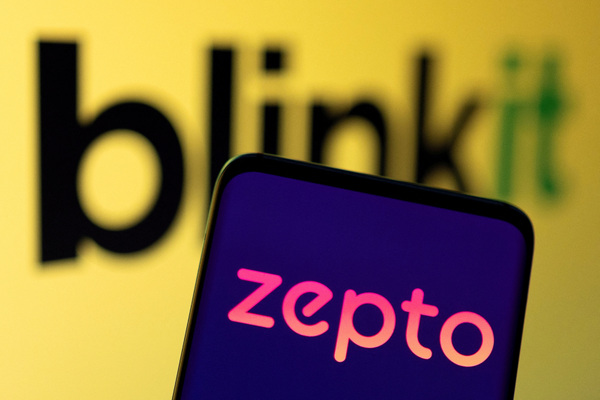Three steps to building customer trust and creating brand loyalty
Sponsored by Khoros
Customer trust makes all the difference in building lasting brand loyalty
It’s becoming harder than ever to build a loyal, long-term customer base in today’s world: barriers to entry are low and technology is cheap. It’s no longer enough to differentiate on the bells and whistles of the product or service your brand offers. Today’s customers want more: a true connection with the brands they patronise.
Khoros recently conducted a broad consumer survey to uncover the top factors that drive lasting customer loyalty, and trust tops the list. But while only 46 per cent of customers currently trust the brands they use, 56 per cent said that they’d become long-time brand customers if only they felt more connected, reports Edelman in their 2020 Trust Barometer. Consumer trust is no longer just a nice-to-have. In fact, 81 per cent of customers say trusting a brand to do what’s right is a prerequisite for their purchase, according to Edelman.
It’s clear that customer trust is what makes the difference in building brand loyalty.
Our research pointed to concrete, actionable steps brands can take to set a strong foundation for customer trust, including embodying authenticity, personalising interactions with customers and focusing on relationship building.
- Build consumer trust by acting like a human, not a press release
The story you’ve heard: customers might leave if a product or service declines in quality. The story you haven’t: 36 per cent of consumers – a full one-third – say they’ll go elsewhere if a brand is inauthentic in their interactions. Consumers want to feel emotional connections to brands, just as they want to feel emotional connections with people in their lives, and they don’t want their brand interactions to feel corporate or robotic. It’s a difficult line for brands to walk: wanting to offer customers an emotional connection, but needing to ensure it reads as genuine. The best way for brands to strike the right note is to aim to mirror relationships between people. Consumers want brands to offer them an emotional connection and to present a set of values that resembles what they’d find in a relationship with another person.
- Personalise interactions to foster consumer trust
We found that one in four consumers are more likely to connect with a brand that personalises their interactions. It can be difficult for brands to tell whether or not they’re offering a personalised interaction, as it’s an emotional concern without quantifiable measurements, rather than a rational concern (such as product price or quality) that can be more easily gauged. But measuring the effect your brand has on customers – with metrics such as brand sentiment – can give you a good idea of whether or not you’re offering the kind of experience today’s consumers want. While optimising rational factors is indispensable, brands that fail to prioritise emotional factors risk alienating a large portion of their customer base.
- Grow consumer trust with authentic relationships
Brands can bridge the divide between the connections customers crave and the void they feel by shifting to a relationship-oriented perspective, rather than a simply transaction-oriented one. Making the sale is important, of course, but offering a well-timed suggestion, or even a bit of encouragement, might be more impactful to your bottom line: when brands develop relationships with customers, trust grows, which ultimately drives loyalty.
Excellent products and services are still crucial, but nearly half of customers (46 per cent) want their customer experience to go further. They want an emotional connection, too.
Brands must evolve their conception of what it means to offer a satisfying customer experience. Committing to authenticity, personalising the experience and forging real connections with customers are key steps in that evolution.
For more ways to build lasting trust, including how to best incorporate AI and other digital touchpoints, see Khoros’ ebook, ‘The 2021 Guide to Building Customer Trust’.
by Katherine Calvert, Chief Marketing Officer, Khoros
Related Articles
Most Viewed
Winston House, 3rd Floor, Units 306-309, 2-4 Dollis Park, London, N3 1HF
23-29 Hendon Lane, London, N3 1RT
020 8349 4363
© 2025, Lyonsdown Limited. Business Reporter® is a registered trademark of Lyonsdown Ltd. VAT registration number: 830519543





